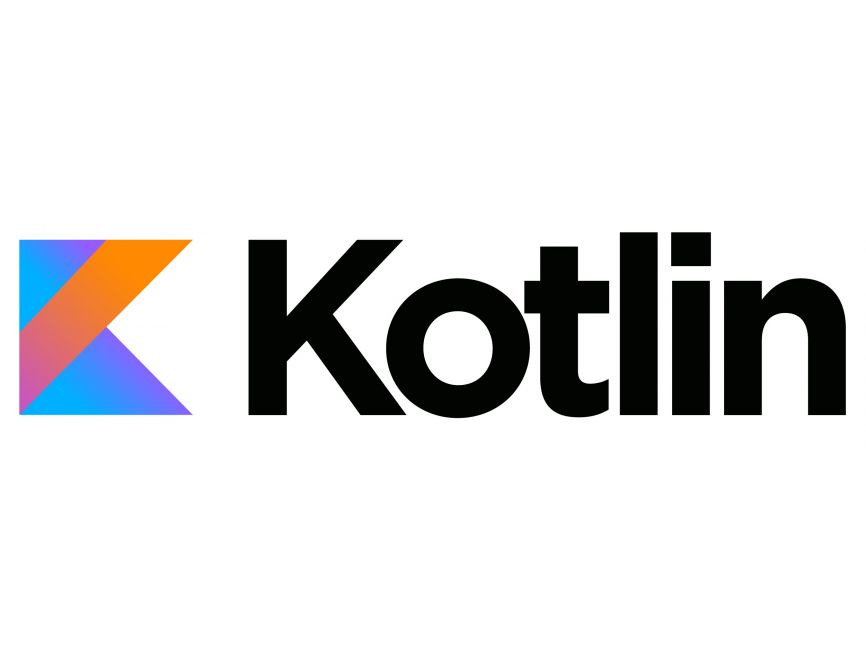What is Kotlin?

Hire Arrive
Technology
about 1 year ago
 Kotlin is a modern, statically-typed programming language that runs on the Java Virtual Machine (JVM). Developed by JetBrains, the creators of IntelliJ IDEA, Kotlin aims to be a more concise, safer, and more expressive alternative to Java while maintaining seamless interoperability with existing Java code. Its popularity has skyrocketed in recent years, particularly in Android development, where it's now the officially preferred language.
Kotlin is a modern, statically-typed programming language that runs on the Java Virtual Machine (JVM). Developed by JetBrains, the creators of IntelliJ IDEA, Kotlin aims to be a more concise, safer, and more expressive alternative to Java while maintaining seamless interoperability with existing Java code. Its popularity has skyrocketed in recent years, particularly in Android development, where it's now the officially preferred language.
Key Features and Advantages:
* Conciseness: Kotlin achieves a lot with less code than Java. Many common tasks, like creating data classes or handling null safety, require significantly fewer lines of code in Kotlin. This leads to increased developer productivity and easier maintenance.
* Null Safety: A major pain point in Java is the potential for `NullPointerExceptions`. Kotlin addresses this directly with its type system. By default, variables cannot hold null values unless explicitly declared as nullable (using a `?`). This helps prevent many runtime errors and improves code reliability.
* Interoperability with Java: Kotlin seamlessly integrates with Java. You can use Java libraries and frameworks in Kotlin projects, and vice versa. This allows for gradual migration from Java to Kotlin in existing projects.
* Functional Programming Features: Kotlin supports functional programming paradigms like higher-order functions, lambda expressions, and immutability. This allows for writing cleaner and more expressive code, particularly when dealing with collections and data transformations.
* Extension Functions: Kotlin allows you to extend existing classes with new functionality without modifying their source code. This provides a powerful mechanism for adding features to existing libraries or frameworks.
* Data Classes: Creating simple data classes that hold data is incredibly straightforward in Kotlin. The compiler automatically generates boilerplate code like `equals()`, `hashCode()`, `toString()`, and `copy()` methods.
* Coroutines: Kotlin's coroutines provide a powerful way to write asynchronous code that's easier to read and maintain than traditional approaches using threads and callbacks. They are particularly useful for handling network requests and other I/O operations.
* Modern Language Features: Kotlin incorporates many modern language features, including operator overloading, type inference, and smart casts, making it a pleasure to use.
Where is Kotlin Used?
* Android Development: Kotlin is the preferred language for Android app development. It offers improved developer productivity and a safer programming experience compared to Java.
* Server-Side Development: Kotlin can be used to build backend systems and web applications using frameworks like Spring Boot.
* Data Science and Machine Learning: Kotlin's interoperability with Java and its functional programming capabilities make it suitable for data science tasks. Libraries like Kotlin/JVM provide support for numerical computation.
* Multiplatform Development: Kotlin/Multiplatform allows developers to share code between different platforms like Android, iOS, JavaScript, and desktop.
Getting Started with Kotlin:
Learning Kotlin is relatively easy, especially for those with experience in Java. The official Kotlin website provides excellent documentation, tutorials, and resources to help you get started. The IntelliJ IDEA IDE, which is developed by JetBrains, offers excellent Kotlin support.
Conclusion:
Kotlin is a powerful and versatile language that offers many advantages over Java and other languages. Its concise syntax, strong focus on safety, and extensive feature set make it a compelling choice for a wide range of applications. Its growing popularity and strong community support ensure its continued growth and relevance in the future of software development.